
Auburn Dentist
For seniors, it is imperative that gum health is a top priority. As you age, your risk of developing periodontal (gum) disease increases. Periodontal disease is both preventable, and in many cases, reversible. When left untreated, it can lead to more serious complications such as bloody or swollen gums, and even tooth loss. Even more alarming are the numerous studies connecting periodontal disease to other serious illnesses. Here’s what you need to know about gum health as you age.
Periodontal Disease and Your Overall Health
Periodontal disease has been linked to serious health issues. In fact, a recent study conducted by the University of Southampton and King’s College London uncovered a link between periodontal disease and an increase in the rate of cognitive decline in those who suffer from early Alzheimer’s disease. In patients with periodontal disease, the study found cognitive decline underwent a rapid change, occurring six times as fast on average.
Periodontal disease has also been found to increase your risk of developing heart disease or having a stroke. Risk factors for these serious issues increase with age, among other causes, and it is especially important to limit potential risk factors where possible. This can be as easy as improving your gum health with a visit to our office.
The Numbers You Need to Know
According to the National Institute of Dental and Craniofacial Research, moderate or severe periodontal disease was found in over 14% of seniors aged 65 to 74. The number increases to more than 20% for those over 75 years of age. Men were found to be more likely than women to have moderate to severe periodontal disease. Smoking was also found to have a significant impact. The same study showed 32% of current smokers had periodontal disease, compared to 14% for those who never smoked.
Steps You Can Take
As you age, it is essential to keep up with your gum health. Doing so is an important link in lowering your risk factors for other serious ailments such as heart disease, stroke, and the impacts of Alzheimer’s disease. You can keep your gums healthy by brushing twice each day for a full two minutes. Be sure to regularly floss your teeth as well. Flossing is an effective way to clean the hard-to-reach cracks and gaps where plaque builds up. Schedule a visit with our team for a complete gum evaluation. We can work with you to devise a course of action to ensure healthy gums.
227 Mount Auburn Ave., Auburn, ME, 04210
Resources:
https://www.sciencedaily.com/releases/2016/03/160310141330.htm






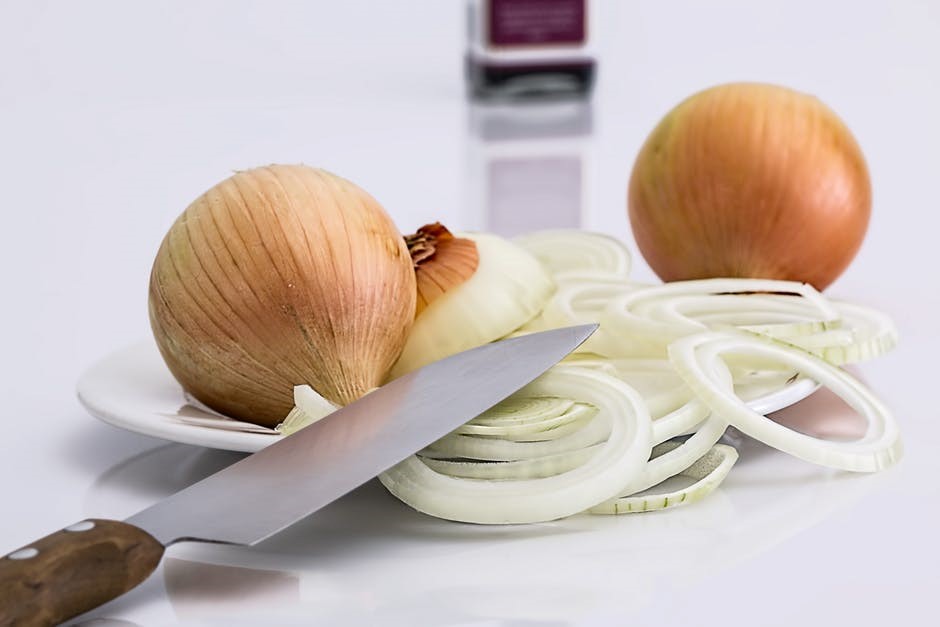

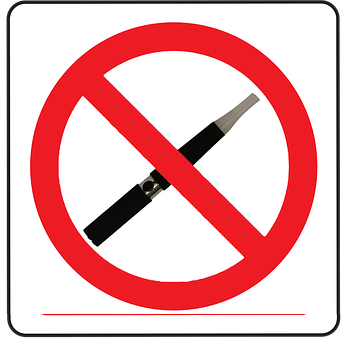
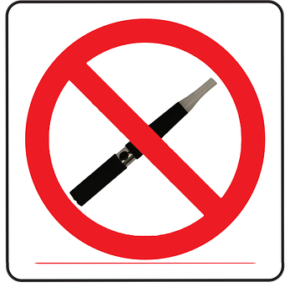 The hazards surrounding vaping are not entirely clear. More research is needed in this area, but a recent study indicates that e-cigarette vapors could be damaging to your mouth. Here’s what you need to know.
The hazards surrounding vaping are not entirely clear. More research is needed in this area, but a recent study indicates that e-cigarette vapors could be damaging to your mouth. Here’s what you need to know.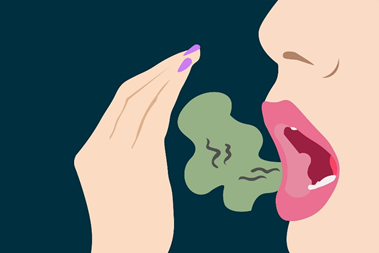
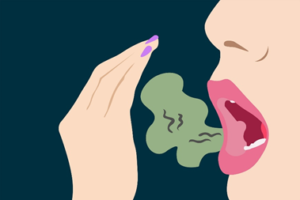 Due to the anxiety or embarrassment it can cause, halitosis – or bad breath – can be difficult for many people to face. However, clean-smelling breath may be easier than you think. Try these solutions to overcome halitosis and regain your confidence.
Due to the anxiety or embarrassment it can cause, halitosis – or bad breath – can be difficult for many people to face. However, clean-smelling breath may be easier than you think. Try these solutions to overcome halitosis and regain your confidence.